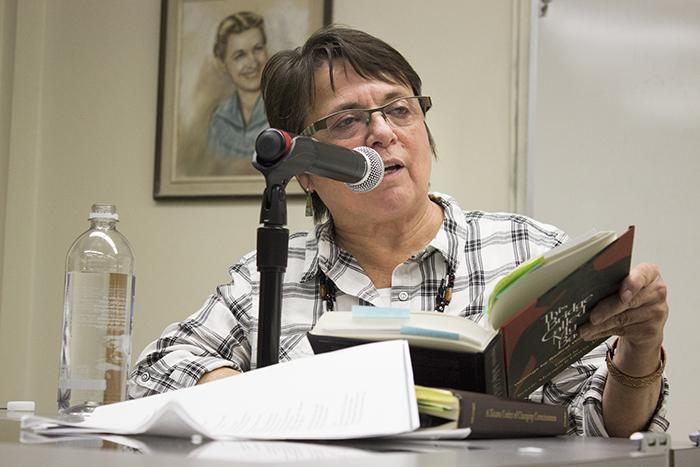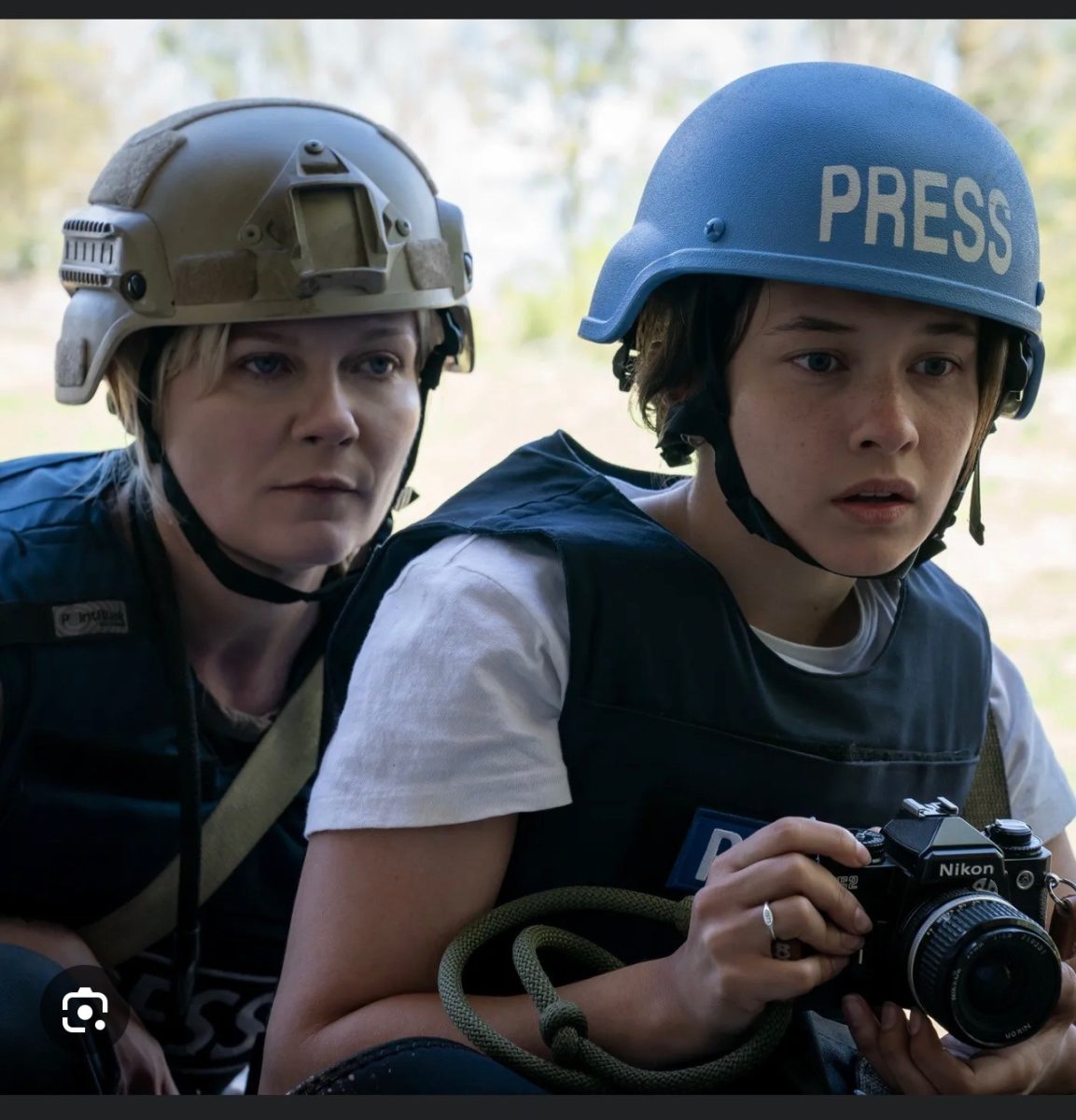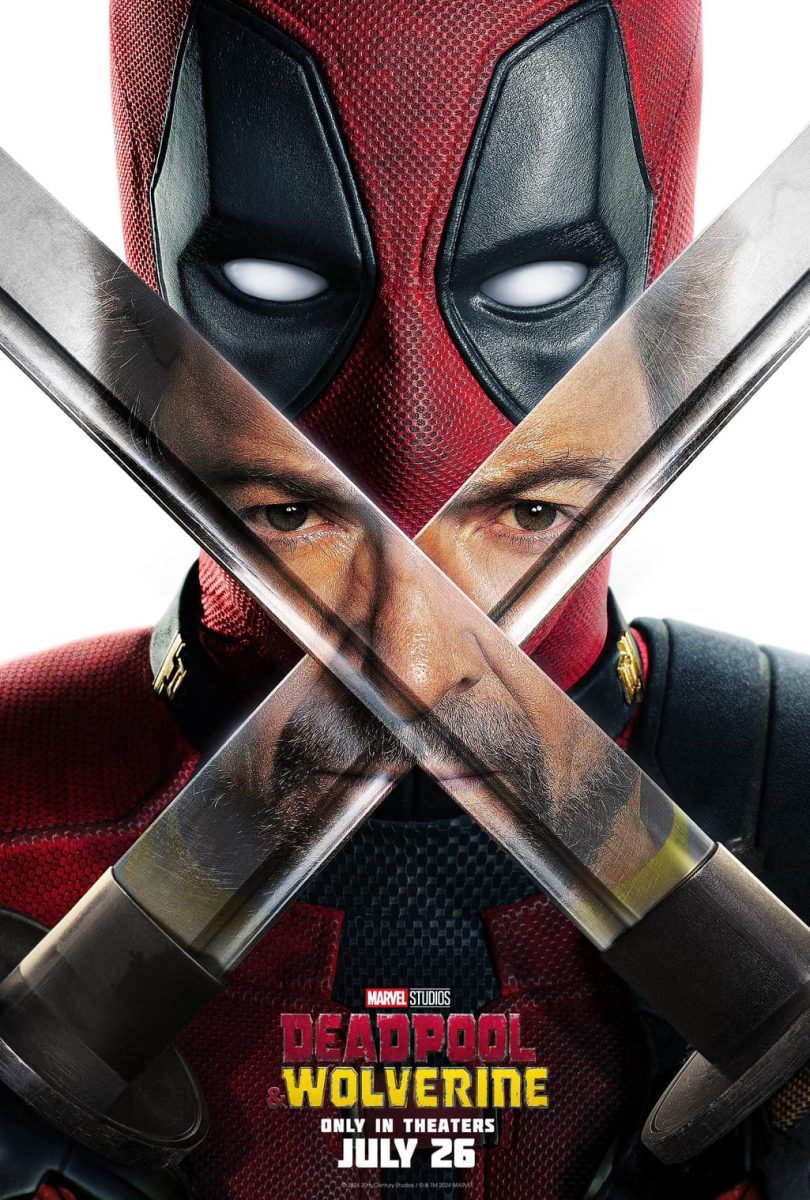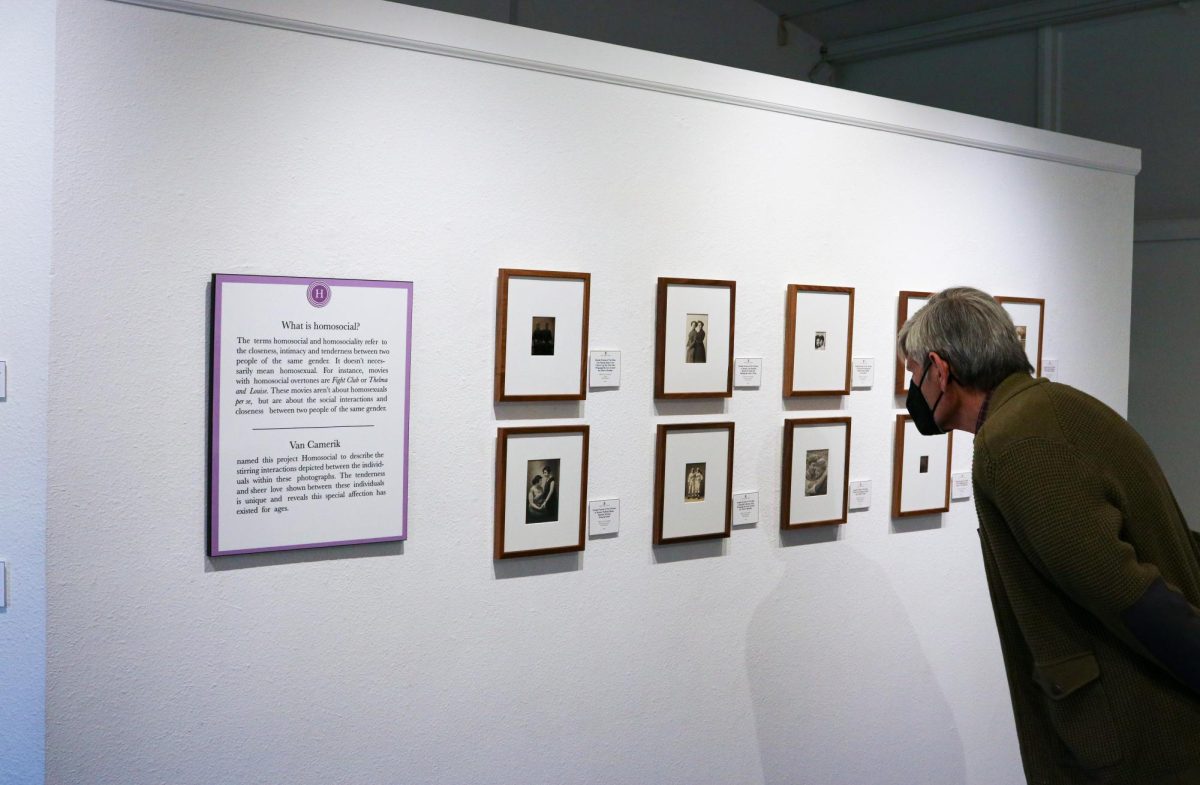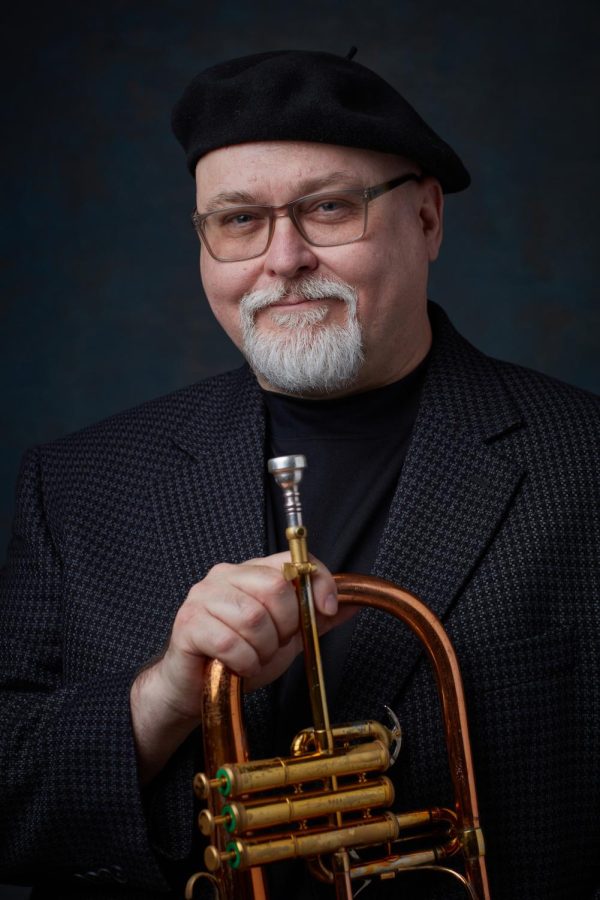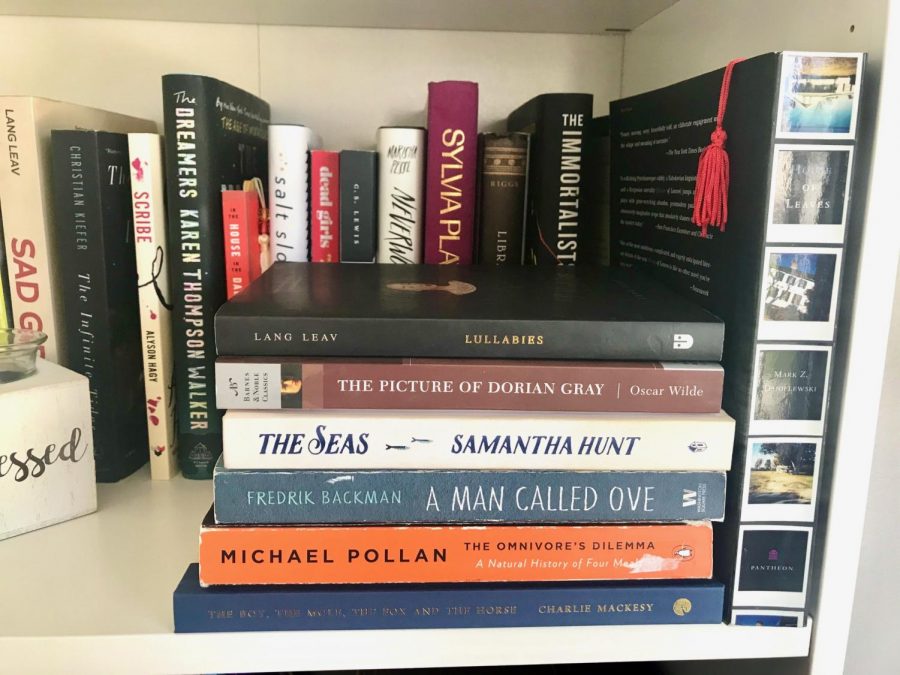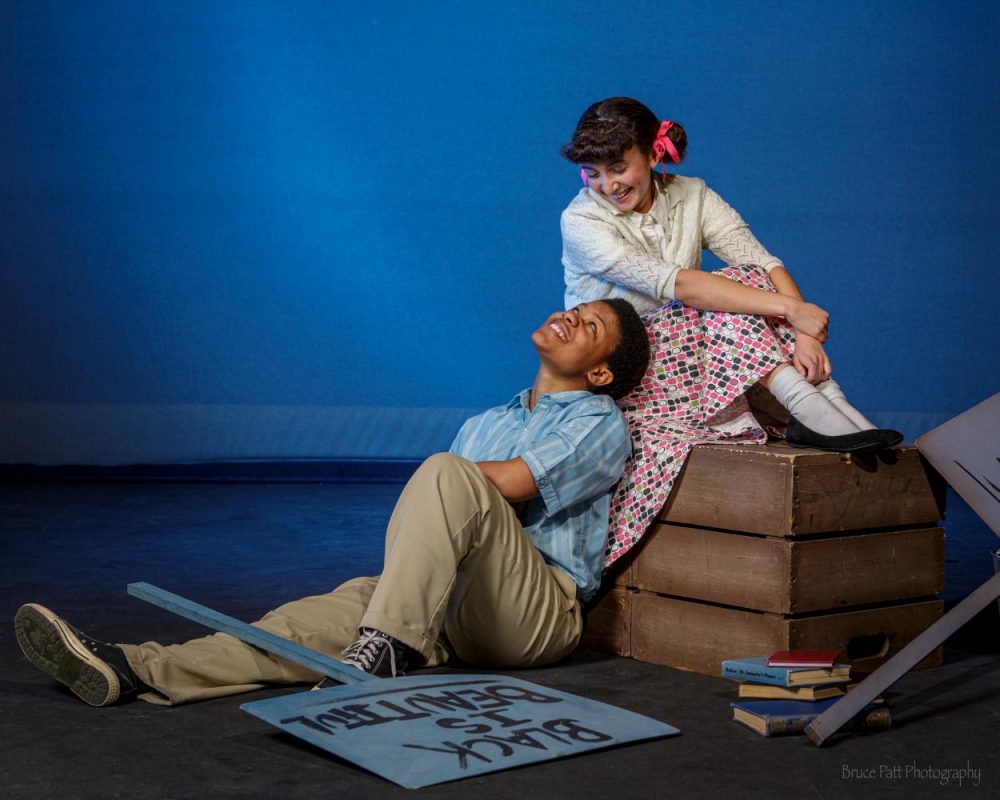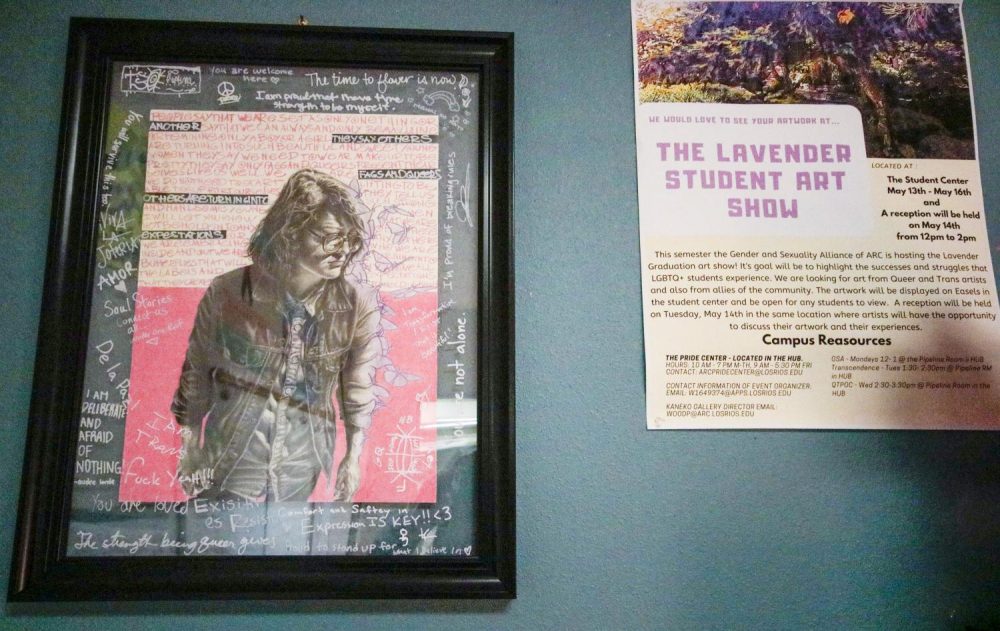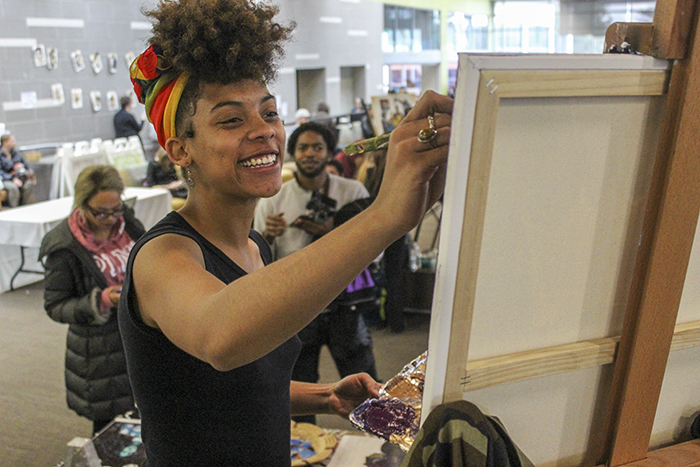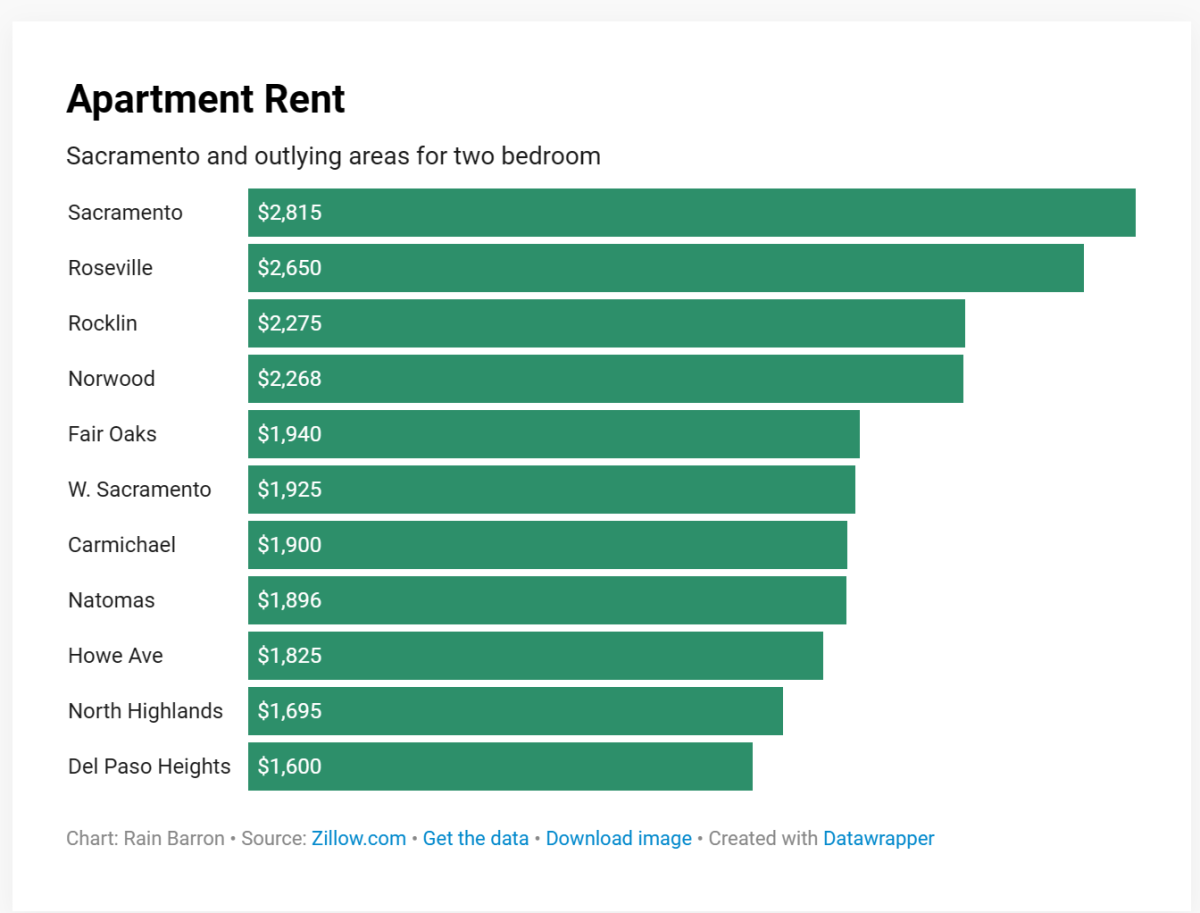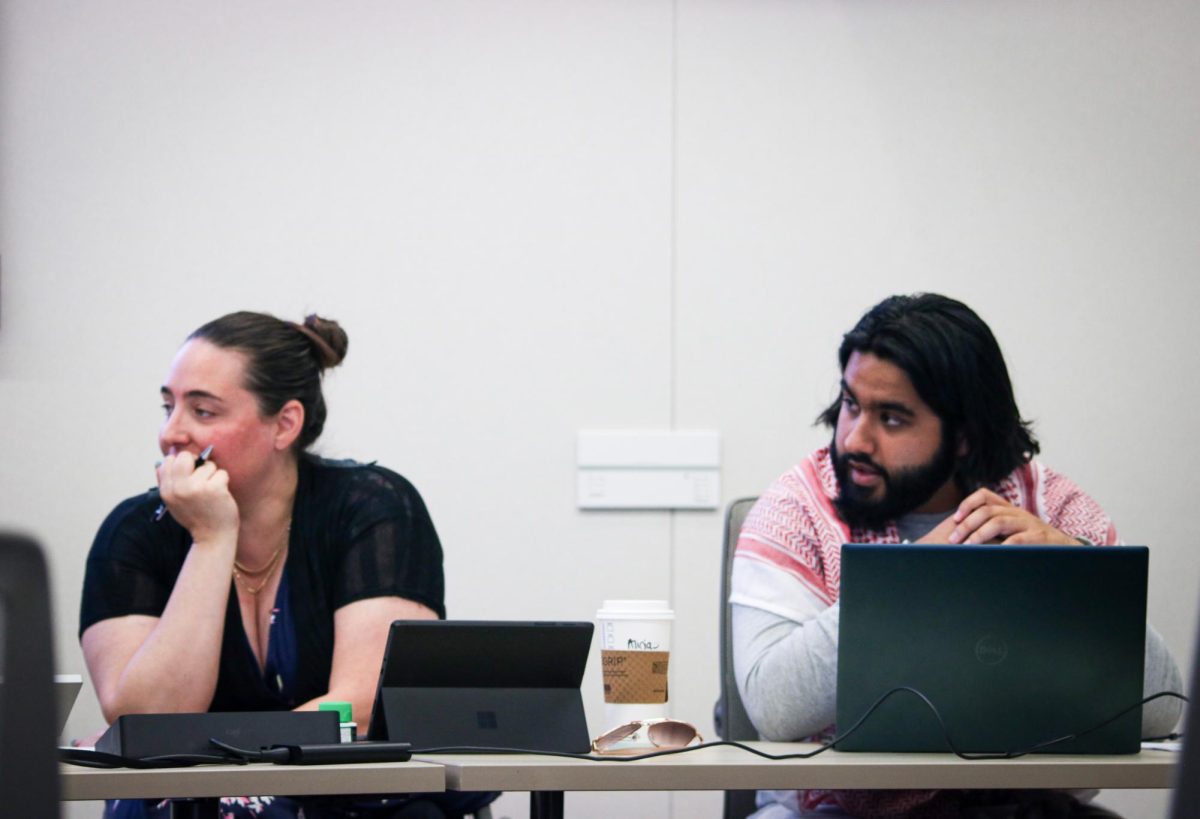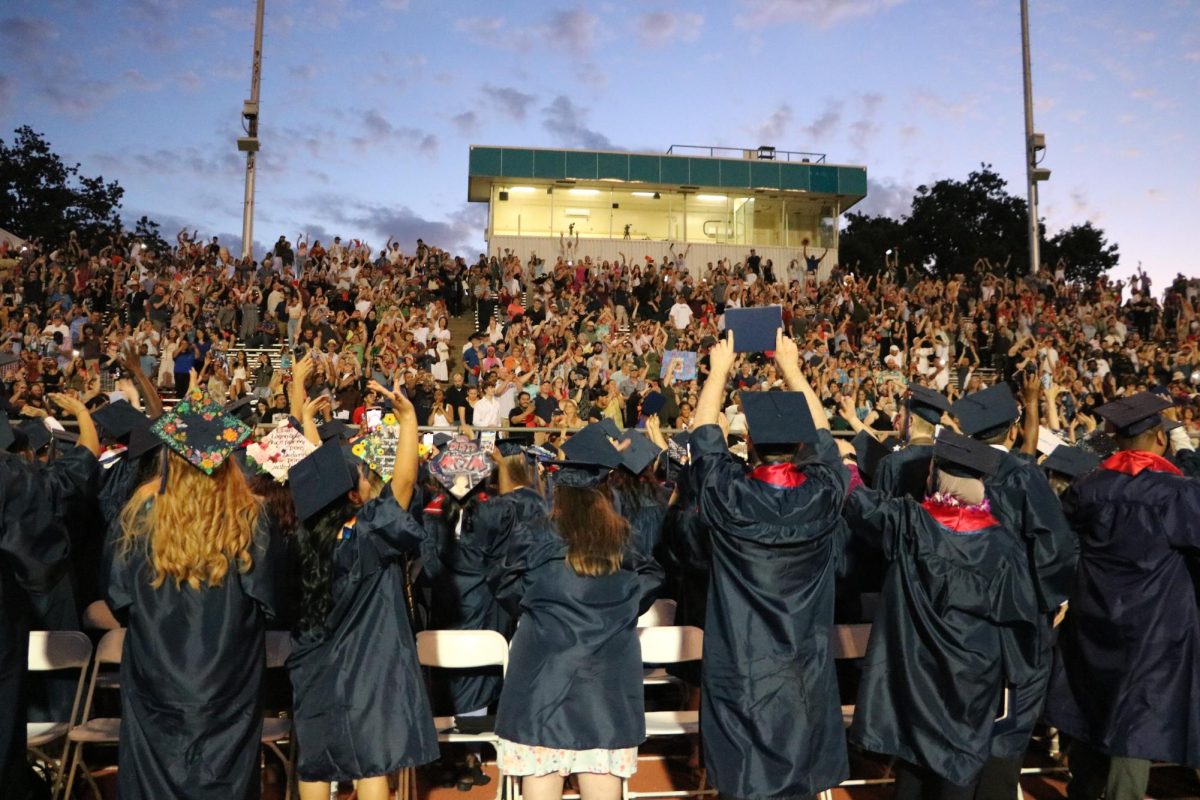Tanaya Winder compared writing to someone performing open heart surgery on themselves at American River College’s Creative Connections event Tuesday.
“When I was done I was like ‘oh s—,’ ” said Winder. “It’s still scary to write about these things.”
Winder, a motivational speaker from the Southern Ute, Duckwater Shoshone and Pyramid Lake Paiute nations, sang songs and read poems about the struggles of Native Americans in the modern era and how their culture has been devalued.
Winder noted that one of the major struggles of American Indian groups is suicide. Native American youths have a higher rate of suicide than any other ethnic group, according to the Centers for Disease Control.
Signs reading “you are loved” were posted on some of the trees in reservations that Winder had visited. The intent is to make people think twice before attempting suicide.
Winder used an incident that took place in South Dakota involving a large group of Native American children who were on a field trip to a hockey game as an example how Native Americans still face prejudice.
It was reported in by Rapid City’s KOTA-TV that during the course of the game, the children had beer poured down onto them, and were being called to go back to the reservation.
Winder also encouraged other people to write about themselves as a way of “doing surgery on themselves.”
Winder was joined at the event by Cherrie Moraga, the co-editor of the book “This Bridge Called My Back: Writings by Radical Women of Color.”
The book highlighted the experiences of women who belong to minority groups and called for greater attention to race-related subjects within the feminist community.
The book was considered radical at the time of its 1981 publication.
“The only thing that’s being understood is that two Chicanas did it,” said Moraga, which made the audience laugh.
Moraga said that the movement was in need of writers from other ethnic groups.
“For us to do that at that particular time, we needed them to back us up,” Moraga.
Moraga said that she “loved writing about writing”.
“In the act of writing about writing, you’re writing,” she said.
Marie Quintero-Lenihan, a proctor for the self-assessment office, said that Moraga’s book “unified all women of color.”
“It doesn’t happen a lot,” Quintero-Lenihan said. “The fact that they were united is a radical notion in and of itself.”
Dean of Student Development Manuel Perez also attended the event and said that “This Bridge Called My Back” was “transformational.”
“(It was) significant in terms of understanding my identity as a Raza youth,” Perez said.
Moraga declined to comment after the event.


